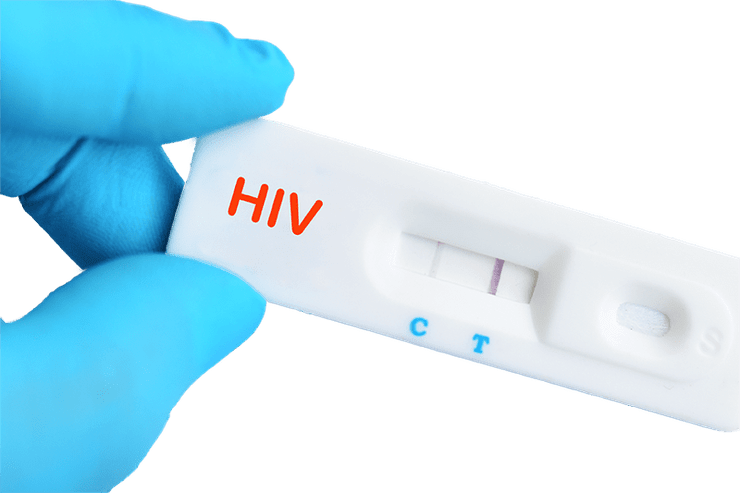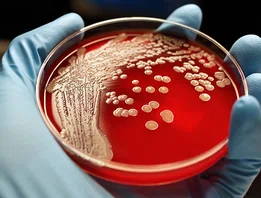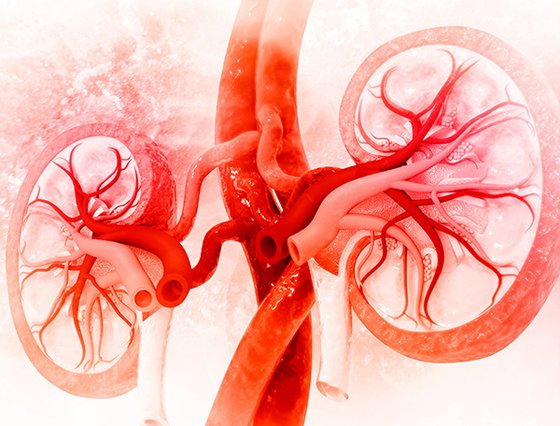


clinical research
Fighting a Deadly Duo
Fighting a Deadly Duo
Investigating therapeutics to fight deadly TB/HIV coinfections.
Investigating therapeutics to fight deadly TB/HIV coinfections.
John Keats, Emily Brontë, Franz Kafka, Anton Chekhov, Elizabeth Barrett Browning, Walt Whitman and George Orwell could be read as a list of influential writers, but in fact, it’s a partial list of famous people who died from tuberculosis (TB).
Today, most Americans think of TB as a disease in the past. In fact, the only time the world saw an infectious disease overtake TB as the deadliest infectious disease was during the COVID pandemic. Now, TB is back in the top spot. The World Health Organization’s (WHO) 2024 report on global TB revealed that in 2023 ~ 8.2 million people were newly diagnosed. Since WHO first began tracking TB in 1995–this is the most infections ever recorded–pushing TB again past COVID-19 as the world’s leading infectious disease killer.
TB is an opportunistic infection caused by Mycobacterium tuberculosis. While TB usually affects the lungs, it also can affect other organs such as the kidneys, spine or brain and is fatal if not treated. Being opportunistic means it takes advantage of weakened immune states and infects immunocompromised people more than those with healthy immune systems.

This puts those living with HIV directly in TB’s crosshairs and coinfection with TB and HIV is increasing. Untreated latent TB infection is more likely to advance TB disease in people with HIV than in people without HIV. For those living with HIV, TB is considered an AIDS-defining condition; an infection or cancer that is life-threatening in people with HIV. In the U.S., where HIV therapies are more widely used, TB is less of an issue. However worldwide, TB disease is one of the leading causes of death among people living with HIV.
One of the problems with TB/HIV coinfections is that HIV-1 depletes CD4 T cells, which are the main defense against TB, the live attenuated vaccine against tuberculosis (BCG) can’t be administered to those with HIV.
Chinnaswamy Jagannath, PhD
Recently, Chinnaswamy Jagannath, PhD, Professor of Pathology and Genomic Medicine at Houston Methodist, discovered that sirtuin proteins and histone deacetylates play a major role in regulating the growth of both Mycobacterium tuberculosis and HIV-1 in human macrophages and that sirtuin-based drugs could control both pathogens in cell culture and rodent models. His collaborators in this major discovery include Guohua Yi, PhD, UTHSC Tyler, Janice Endsley, PhD, Mark Endsley, PhD, and Kangling Zhang, PhD, UTMB Galveston and Jason Kimata, PhD, Baylor College of Medicine. With a newly awarded R01 from NIAID, NIH, Jagannath and his team will further investigate sirtuin-drug-based immunotherapy to boost anti-TB host defenses and control TB/HIV coinfections.
Using a TB/HIV coinfection model, we will determine if sirtuin-drug therapy can activate granuloma macrophages and increase anti-TB host-defenses. Our overall goal is to develop innovative immune defense-based interventions to eradicate TB/HIV coinfections.
Chinnaswamy Jagannath, PhD
Professor of Pathology and Genomic Medicine
Sirtuins are a family of protein deacetylases that depend on nicotine adenine dinucleotide (NAD) and are involved in many cell processes such as cell survival, DNA repair, inflammation, oxidative stress and apoptosis.
With the recent funding, the team led by Jagannath will investigate sirtuin-dependent interventions to elucidate how TB and HIV-1 coinfections induce these enzymes and look for ways to leverage sirtuins therapeutically.
“Using a TB/HIV coinfection model, we will determine if sirtuin-drug therapy can activate granuloma macrophages and increase anti-TB host defenses,” said Jagannath. “Our overall goal is to develop innovative immune defense-based interventions to eradicate TB/HIV coinfections.”
In addition to his TB/HIV work, Jagannath’s team has developed a self-adjuvanted mRNA-based TB vaccine in preclinical studies and is investigating the induction of trained and adaptive immunity using new generation mRNA vaccines. His laboratory also developed new generation bovine adenovirus-based nasal TB vaccines in collaboration with Suresh K. Mittal, DVM, PhD, Distinguished Professor of Virology at Purdue University.
Heather Lander, PhD
December 2024
Related Articles







